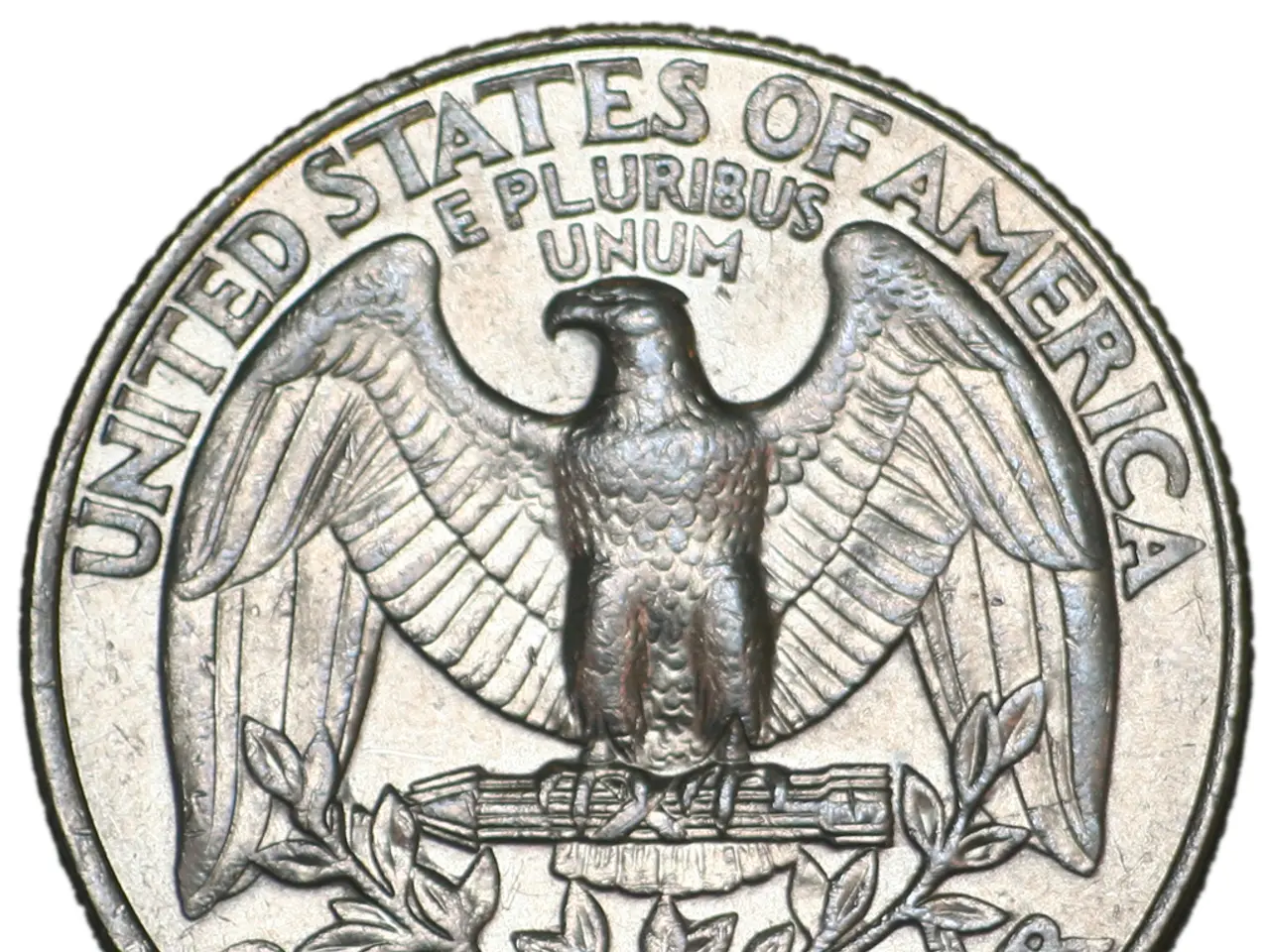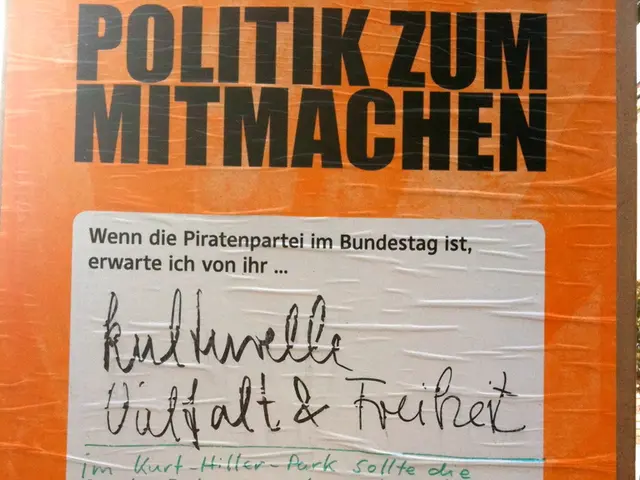Bitcoin holdings of El Salvador increase by 21 units, now worth approximately $701 million on the country's fourth Bitcoin anniversary.
El Salvador's Continued Commitment to Bitcoin Amidst Mixed Results
El Salvador, the world's first nation to adopt Bitcoin as legal tender, has made a significant purchase of the cryptocurrency, demonstrating its continued commitment despite the mixed results of its four-year experiment.
According to a recent report, El Salvador purchased 21 Bitcoin, pushing its national holdings to approximately $701 million. This purchase was made on the fourth anniversary of the Bitcoin legal tender law.
The International Monetary Fund (IMF) has expressed concerns about the limited disclosure, preventing a full independent assessment of El Salvador's Bitcoin portfolio. Despite this, the IMF estimated in March that El Salvador's Bitcoin purchases since 2021 totaled roughly $300 million, generating more than $400 million in unrealized gains at current prices.
Following the loan agreement with the IMF, El Salvador halted voluntary Bitcoin accumulation by public entities. The country has been consistently buying 1 BTC per day since March of the previous year.
The IMF also mandated that El Salvador exit from the Chivo wallet program, which saw limited adoption among residents. However, new banking laws in El Salvador allow Bitcoin investment banks to serve sophisticated investors.
Future disbursements under the IMF program depend on compliance reviews through 2027, keeping the government under scrutiny as it balances its Bitcoin strategy with international financial obligations.
Critics argue that average citizens have seen limited benefits from El Salvador's national Bitcoin policy. To address this concern, the Bitcoin Office has certified 80,000 public servants in Bitcoin, aiming to educate the local population and promote understanding and adoption of the cryptocurrency.
Despite concerns from international organisations such as the IMF and the World Trade Organisation, El Salvador's Bitcoin experiment continues, with the latest purchase serving as a symbolic nod to Bitcoin's 21 million coin supply cap. The government has also taken steps to maintain transparency about its Bitcoin holdings by creating a public dashboard listing these new addresses.
As the world watches El Salvador's Bitcoin experiment, it remains to be seen how the country will navigate the challenges and opportunities presented by this innovative monetary policy.
Read also:
- Impact of Alcohol on the Human Body: Nine Aspects of Health Alteration Due to Alcohol Consumption
- Understanding the Concept of Obesity
- Lu Shiow-yen's Challenging Position as Chair of the Chinese Nationalist Party (KMT) Under Scrutiny in Donovan's Analysis
- Tough choices on August 13, 2025 for those born under Aquarius? Consider the advantages and disadvantages to gain guidance







